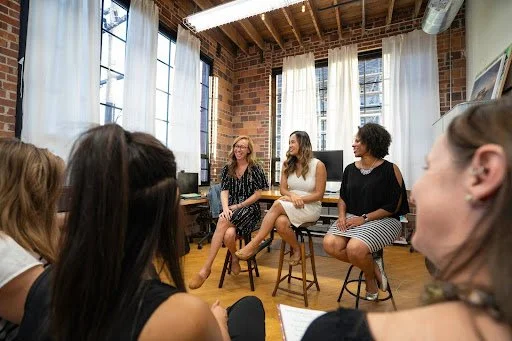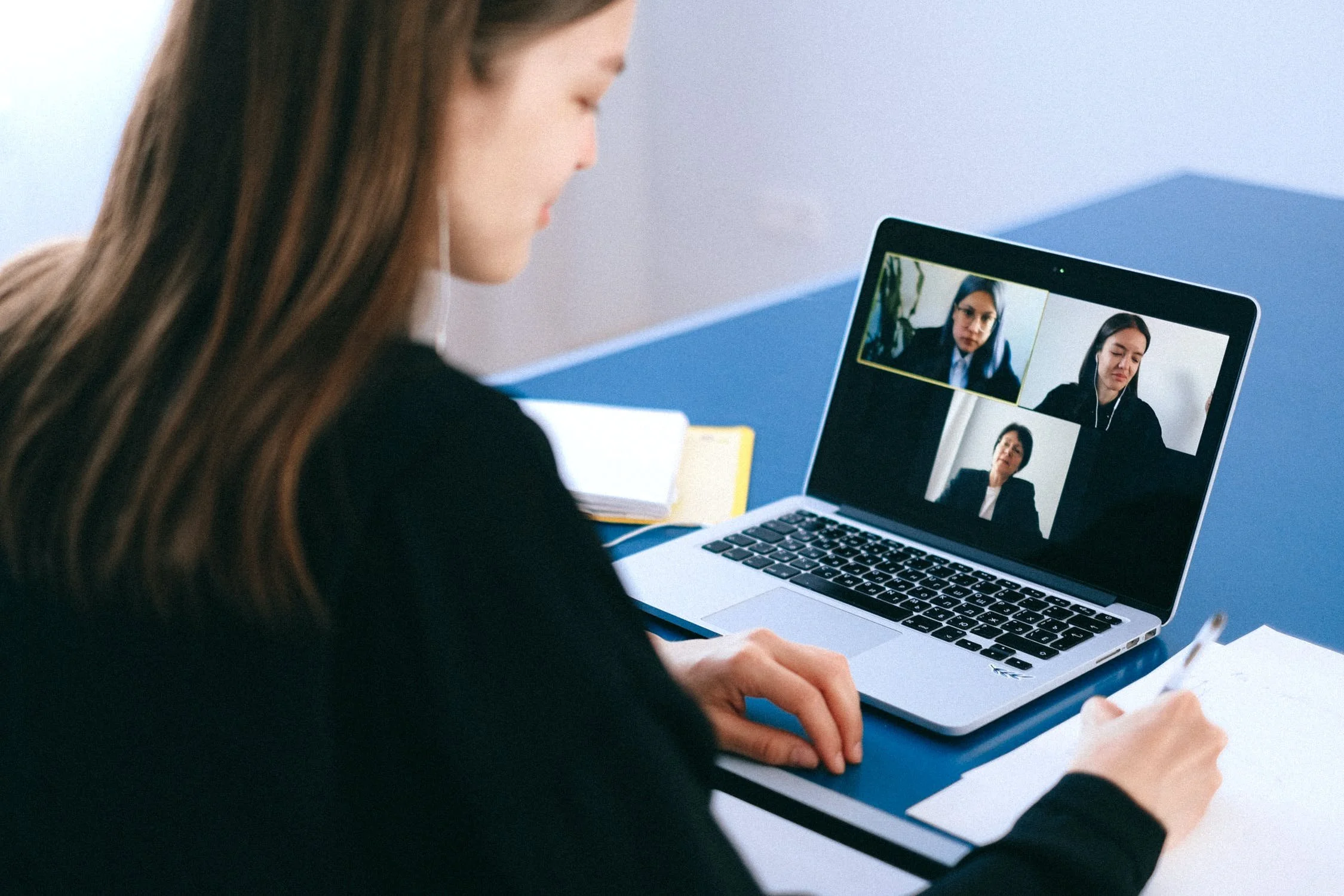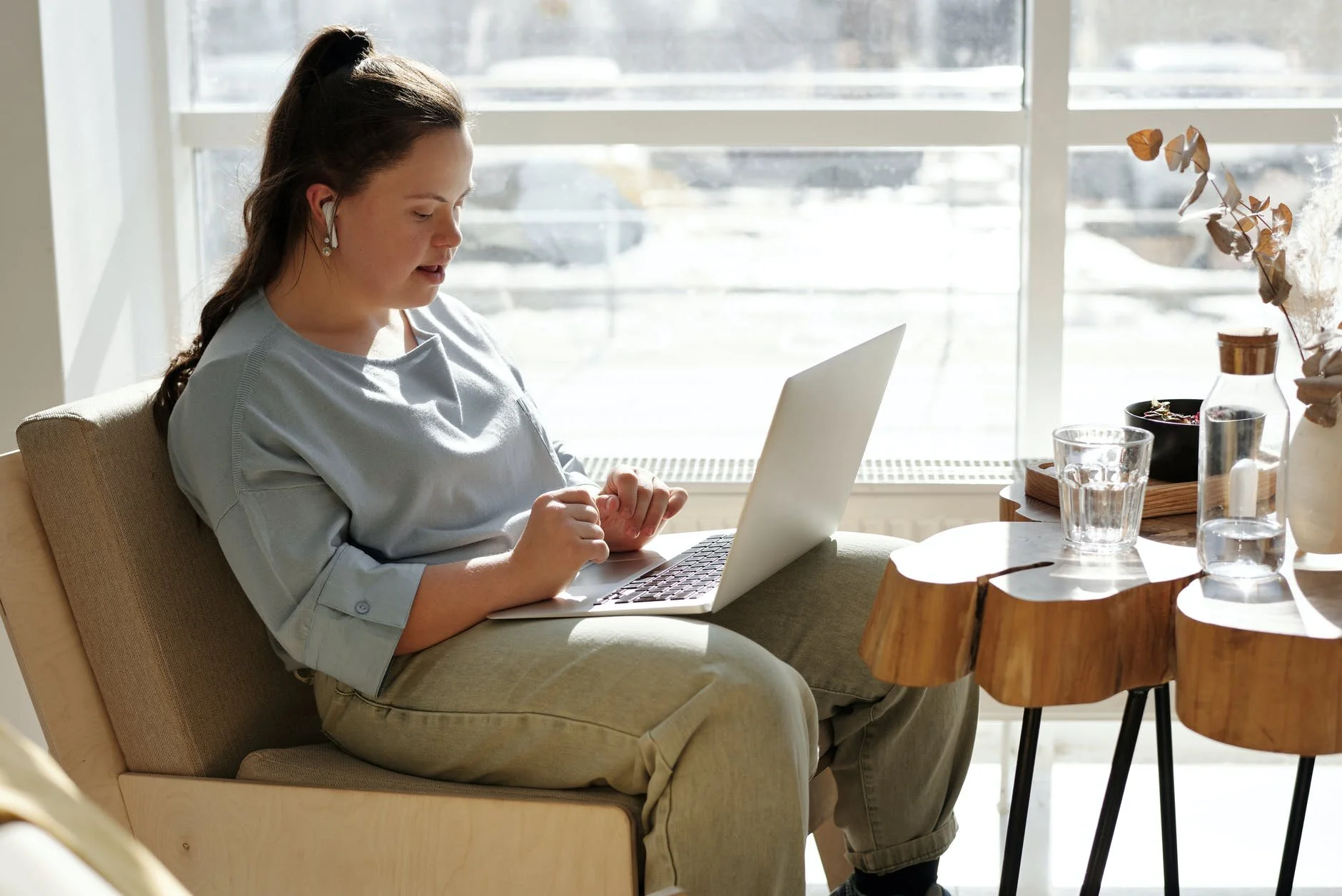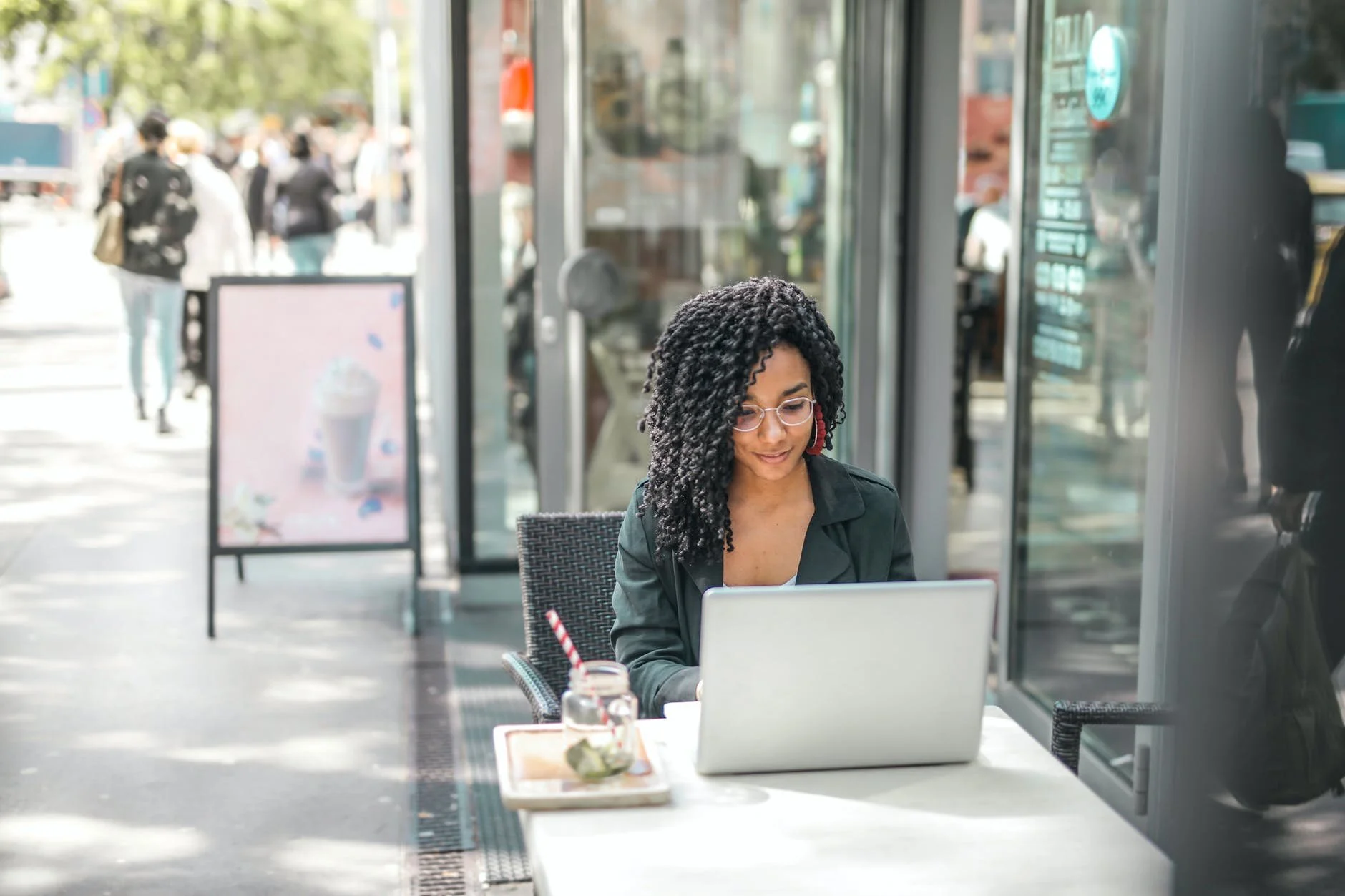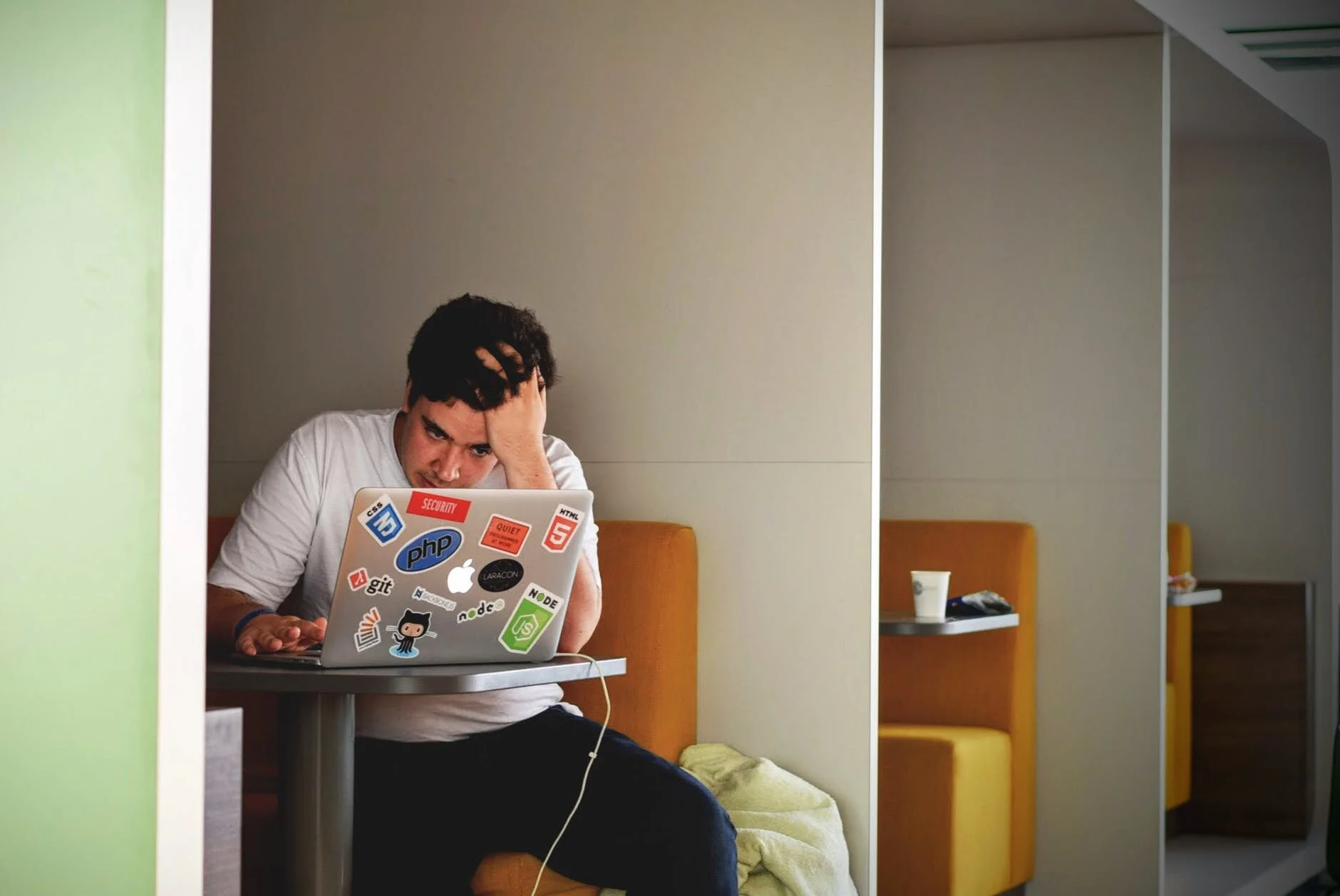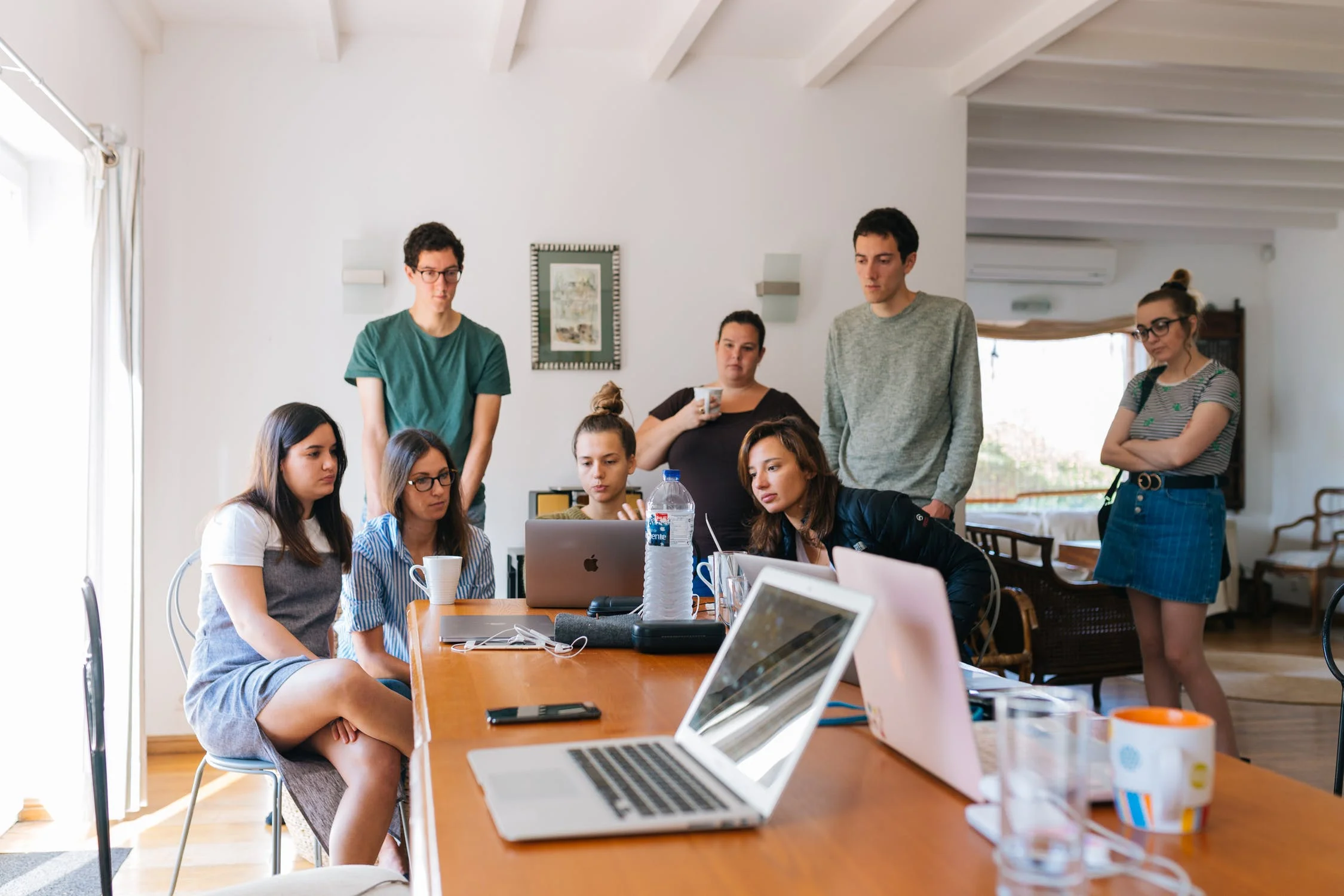How to Dress for an Interview
Your esteemed columnist suffered an upbringing with a mother who always insisted he should dress his best, an expectation I think most diversity candidates have suffered.
So, I developed a taste for charcoal pin-striped, English-cut, vented, four-button suits with muted Ferragamo-designed ties. ?I would come to wear that combination to endless interviews and client meetings in half a dozen countries and a dozen cities around the United States.
It was during my first interview with a consulting company in Seattle, though, that the interviewer told me to take off the tie — and the suit jacket, while I was at it. It was the first time I’d ever been told to effectively disrobe during a meeting. The interviewer then proceeded to lecture me on how fiercely he protected the culture of the company.
I did not get the job.
Ever the stubborn one, I continued to wear my natty suit over the next four months of interviews — all no-joys. Tired of being received in Seattle offices as an East Coast twit I finally asked the manager with whom I was to interview next, Whats the dress code for the interview?
The interviewer laughed. Only lawyers wear suits in Seattle.
Relieved, I happily put on a button-down shirt and wore a sports coat to the next interview. And though I didn't get that job, either, I felt a whole lot more comfortable with my ?rejection. Welcomed it, even, since Id then be able to review other aspects of my job seeking process with one less variable.
The point in all this is that organizations have become devilishly complicated places in which to dress. In the southern United States Ive seen employees wear flip flops and jeans with holes in them to work; while in the northeast I remember being in some companies in which I had projects that considered casual Fridays strictly verboten.
I once hired a local woman in Singapore who wore faded jeans, a T-shirt and a day-glo Swatch watch to the interview for a training administrator position. I recall the HR director with whom I interviewed the woman — also a local — commenting on her apparel.
The interviewee turned out to be absolutely brilliant in the role and a joy to work with.
So it will help your job interview preparations immensely to ask ahead of time what would be appropriate to wear to the interview. Typically, youll be setting up the in-person interview with someone in the HR department anyway, so youll be shielded from any embarrassment you might naturally feel in asking the question.
And even if they insist the environment is casual, consider dressing one level better than what would be expected of you for the interview.
If there was anything Mama was right about: you only get one chance at a good first impression.


